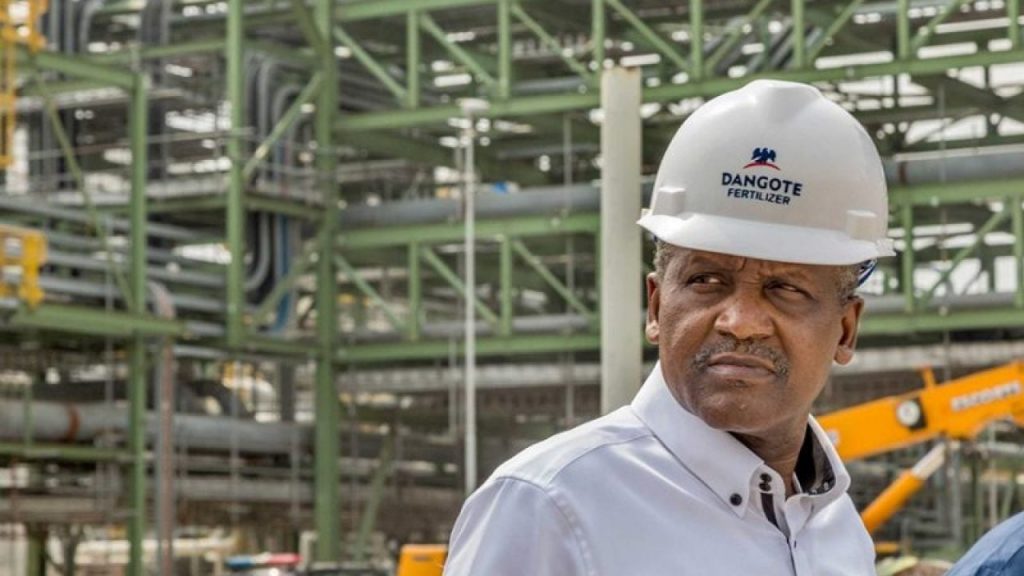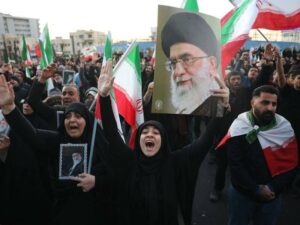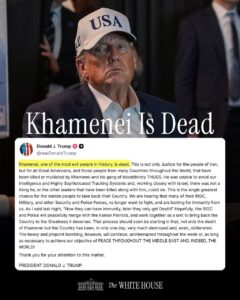The ongoing tension between domestic oil refiners and major oil marketers in Nigeria has reached a new level, with Dangote Refinery officials strongly criticizing the importation of low-quality Premium Motor Spirit (PMS), also known as petrol. This comes after the commencement of large-scale fuel imports by some oil marketers, despite the availability of locally refined products from Dangote’s $20 billion refinery.
Nigeria’s oil and gas sector has been undergoing significant changes following the full deregulation of the downstream oil industry by the Federal Government. Deregulation effectively removed government control over the pricing of petrol, allowing market forces to determine prices. This shift has encouraged major oil marketers to continue importing PMS, despite the fact that Nigeria is home to one of the largest refineries in Africa – the Dangote Refinery.
Before this deregulation, Nigeria heavily relied on imported fuel due to its inadequate refining capacity. Although the country is one of the world’s largest oil producers, it had to import most of its fuel for local consumption, leading to significant foreign exchange pressure and dependency on the U.S. dollar.
The Dangote Refinery, located in Lekki, Lagos, was built with the aim of reducing Nigeria’s reliance on imported fuels and positioning the country as a net exporter of refined products. The refinery has a capacity to process 650,000 barrels of crude oil per day, producing high-quality PMS, diesel, and other petroleum products.
Officials at Dangote Refinery are confident that the products they produce meet international standards, offering cleaner and more efficient fuels compared to those being imported by oil marketers. They argue that the importation of PMS, especially low-quality fuel, poses both environmental and economic risks for Nigeria.
According to Dangote Refinery and the Crude Oil Refiners Association of Nigeria (CORAN), a significant portion of the fuel being imported into Nigeria is of substandard quality. These fuels, they argue, are often blended in countries like Malta and Togo and do not meet the same stringent specifications as locally refined products. Officials from the Dangote refinery expressed concern over the continued importation of what they describe as “dirty, toxic fuels.”
A source within the Dangote Refinery stated:
“These marketers are importing dirty fuels that are toxic. We have more than enough quality products locally, but they choose to import substandard fuels to maximize profit.”
This sentiment was echoed by Eche Idoko, Publicity Secretary of CORAN, who argued that Nigeria should no longer be importing low-quality fuels, especially now that local refining capacity has significantly improved.
Beyond concerns about fuel quality, the Dangote Refinery and other industry stakeholders have also raised alarms about the economic impact of continued fuel importation. Since imported fuel must be paid for in U.S. dollars, this practice increases the demand for foreign currency, putting pressure on the naira. This contributes to the depreciation of Nigeria’s currency and worsens the country’s foreign exchange crisis.
Idoko explained the ripple effects of importing fuel:
“By importing fuel, marketers have to rely on dollars, which reduces the value of the naira. On the other hand, if we focus on exporting our refined products, it would increase the demand for the naira, strengthening its value.”
This view aligns with the broader goal of many Nigerian economists and policymakers, who believe that the country needs to diversify its revenue sources and reduce its dependence on imports to stabilize the economy.
One of the concerns raised by oil marketers is the fear that the Dangote Refinery could become a monopoly in the Nigerian market. As the largest refinery in Africa, Dangote’s facility holds a significant market share, leading some marketers to worry that they will have limited options for sourcing fuel.
However, Idoko and other industry experts have dismissed these fears. They argue that the Petroleum Industry Act (PIA) and other regulatory frameworks ensure that no single entity, including Dangote, can dominate the market. The act also encourages competition and ensures that local refiners operate within a fair and regulated market.
“The fear marketers have that Dangote will become a monopoly is unfounded. With the Petroleum Industry Act and regulatory agencies in place, there are checks to ensure a balanced market,” Idoko stated.
In response to concerns about the quality of imported fuels, the Nigerian Midstream and Downstream Petroleum Regulatory Authority (NMDPRA) has assured the public that all imported petrol will undergo strict testing to meet safety and quality standards. The agency confirmed that PMS imported into Nigeria must pass at least three major tests before it is allowed for sale. These tests are conducted at the point of origin, at the ports when the fuel arrives, and at the terminals before distribution.
George Ene-Ita, a spokesperson for NMDPRA, explained:
“All imported PMS is subjected to testing protocols to ensure that it meets our specifications. Only after passing these tests can it be moved to terminals and released into the market.”
The debate between local refining and fuel importation in Nigeria raises important questions about the future of the country’s energy sector. With the Dangote Refinery now operational, there is a strong push for Nigeria to prioritize locally refined fuels and gradually reduce its reliance on imports. However, the transitional period is likely to be bumpy as marketers and refiners adjust to the new market dynamics.
Many stakeholders agree that the long-term focus should be on increasing Nigeria’s refining capacity and exploring opportunities to export refined products. This would not only improve the quality of fuels consumed domestically but also strengthen the naira by reducing the need for foreign exchange to pay for imports.
The Dangote Refinery has the potential to reshape the landscape of Nigeria’s oil industry, but it will take cooperation between the government, refiners, and marketers to ensure that the transition benefits the economy, environment, and consumers.







